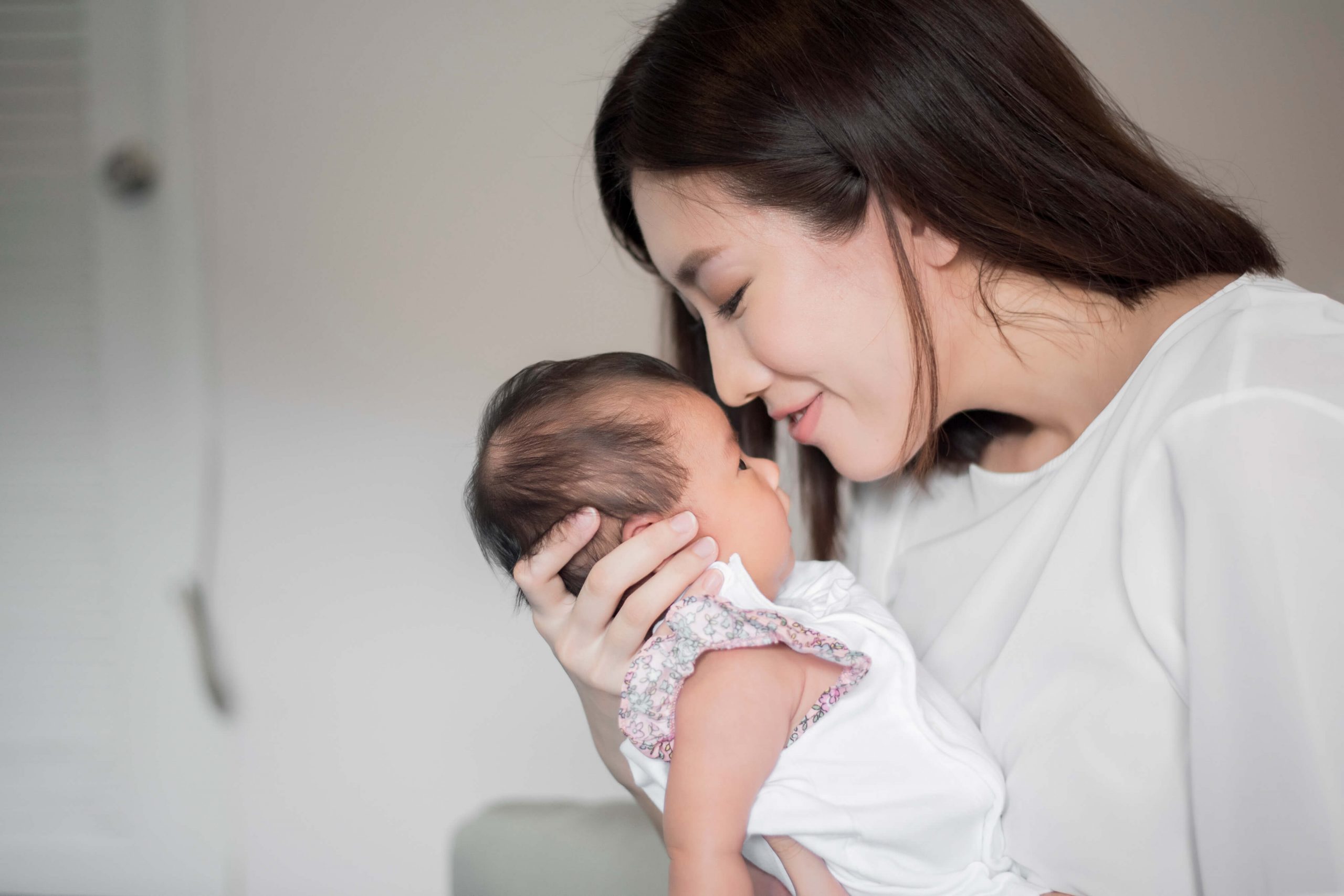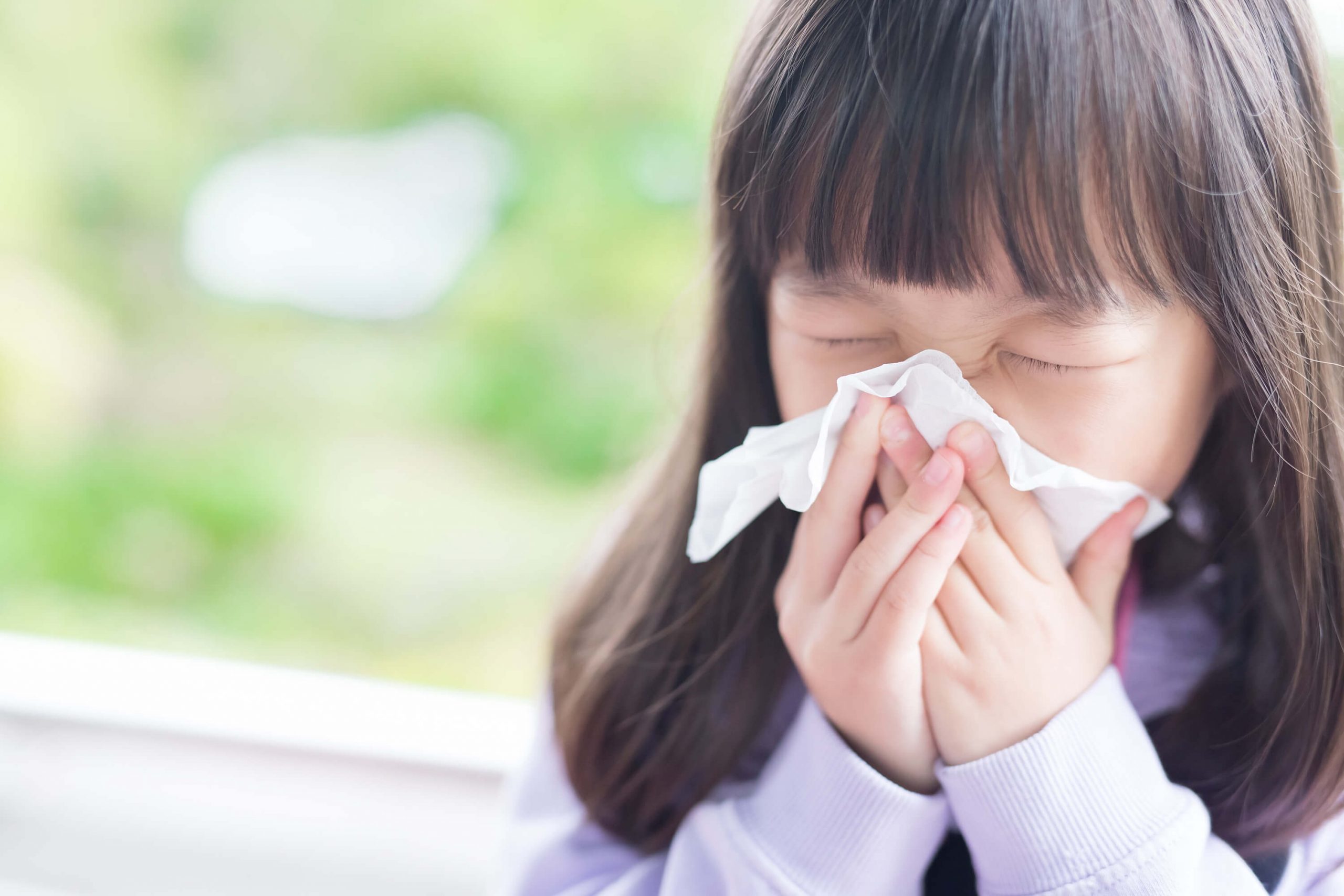Children & Parenting
A Baby Care Guide For First-Time Parents

You’re responsible for a new life now, and naturally, you’ll want to do as much as you can to ensure your little one grows up happy and healthy.
Here’s our guide on all the essentials of baby care from burping your baby to cutting their nails so that you can feel confident about caring for them.
Getting Help After the Birth
It can be overwhelming to take care of your baby while recovering from childbirth simultaneously.
A useful tip is to learn from the experts before checking out from the hospital! Seek help from the hospital’s lactation consultant or paediatrician assigned to care for your baby and learn more about how to breastfeed or bottle-feed your baby. The doctors and nurses at the hospital can also teach you how to change your baby, burp them, and hold them.
Many families opt to hire a confinement nanny to care for the mother, and the nanny can be an excellent guide to teach you how to take care of your baby. Get help from experienced family members, relatives, and friends that you trust. They may have valuable experiences to share even if you do not necessarily agree with them on the best way to take care of your baby.
Handling a Newborn
Holding Your Baby
Ensure you support your baby’s head and neck when holding them upright or laying them down. Nurses can teach you the correct way to hold your baby before you leave the hospital.
You may want to wash your hands before holding your baby as they are at a higher risk of infection since they do not have a strong immunity yet.
Avoid throwing them in the air or any other rough activity until they are much older. To wake up your baby, speak into their ear softly, blow on their cheek, or tickle their feet.
Cradling your baby with skin-to-skin contact is one of the best ways to bond and create an emotional connection with your baby!
Swaddling Your Baby
Swaddling keeps your baby warm while helping them feel secure and comfortable. It can be very effective for babies who are a few weeks old.
Here’s how to swaddle your baby:
Spread out the soft blanket and fold over one corner slightly. Gently lay your baby on the blanket facing upwards while having their head above the corner that you have folded.
Take the left corner and wrap it over the body, going under the baby’s left arm (on your right) and tuck it under their back. Take the bottom right corner that is near your baby’s feet and bring it towards the head to wrap it around the body.
Tuck the corner under your baby’s back so that only your baby’s neck and head are exposed. Check that you can fit your hand between the chest of your baby and the blanket to ensure your baby can breathe easily and the blanket is not too tight.
You should not continue to swaddle your baby when they are more than two months old as they may roll over while being swaddled, which may affect their breathing.
Caring For Your Baby
If your baby has crusting or a yellow discharge in their eyes, wipe their eyes with a cotton ball soaked in warm water. This condition is typically caused by a block in the tear ducts. Unclog any blocked nostrils with an infant nasal bulb syringe. You may want to use an eyedropper to insert saline solution before using the syringe.
Clip your baby’s nails after their bath or when they are asleep. You may want to use baby nail clippers as these are smaller. It is important to trim their nails as the baby may unintentionally scratch themselves when their nails are long.
All About Diapering
Make sure that you have all the things you need before you change your baby’s diaper, including a clean diaper, warm water, a washcloth or diaper wipes, and diaper ointment. This avoids having to leave them unattended while you go and grab something.
Lay your baby on their back and remove their dirty diaper. Use a washcloth and warm water to wipe your baby clean. Alternatively, you can use cotton balls with water or diaper wipes.
If you are changing the diaper for a baby boy, do it carefully as he may urinate on exposure to air. For a baby girl, ensure you wipe her bottom from front to back to prevent urinary tract infections.
Ensure you wash your hands thoroughly after changing a diaper.
Diaper rash often occurs because your baby’s sensitive skin has been irritated by their wet diaper. Change your baby’s diapers frequently to avoid diaper rash and as soon as possible after their bowel movements. Dry their bottoms each time you change their diaper as the moisture can lead to diaper rash. You can also apply diaper ointment or diaper cream to treat or prevent diaper rash.
Latest Articles
How Are Abdominal Hernias Treated?
What to Expect from Colorectal Surgery
How to Treat Breast Inflammatory Conditions
Gynaecomastia: Understanding Male Breast Cancer
Bathing Basics
Sponge bath your baby in the first few weeks.
Always use lukewarm water when bathing your baby and limit all baths to 10 minutes. This can reduce skin sensitivity for your baby. If your baby may have inherited eczema or has sensitive skin, you may want to apply hypoallergenic skin cream after their bath and only have them wear cotton clothes.
Use a mild baby soap to wash your baby’s face, especially if they have baby acne. Baby acne is fairly common but it does not harm your baby. Pay attention to the area behind the ears, around the neck, the creases under the arms, and the genital area. Wipe their eyes with clean cotton balls or washcloth that you have dampened with water. Use new cotton balls or corners of the washcloth for each eye to avoid transmitting infections.
Use a gentle baby shampoo to wash their hair three times a week. If they have a scaly scalp, gently use a baby hairbrush or soft toothbrush to remove the scales. This condition typically subsides in a few months.
Once you have progressed to bathing your baby in the tub, make sure the water in the tub is only 5 to 8 centimeters deep. Place your baby’s feet in the tub first and support their head while you lower them into the tub. Make sure the water only goes up to their chest at most. Make sure soap does not get into their eyes and you may want to cup your hand across their forehead while rinsing the shampoo from your baby’s hair.
Pour water regularly over your baby’s body so that they don’t get cold and cover them in a towel immediately after the bath. It is important to cover their head to keep them warm.
Never leave the baby unattended in the bathroom and if you need to leave, wrap them in a towel and take them along with you.
Feeding Your Baby
You need to feed your baby every two to three hours, or whenever they are hungry. They give a lot of subtle cues to show that they are ready to feed. Your baby may make sucking motions and sounds, cry or put their fingers in their mouth to indicate that they are hungry.
Your baby may take in about 60ml to 90 ml of formula milk or 10 to 15 minutes at each breast if you are breastfeeding. You may need to wake your baby up every few hours so that they eat enough. It can be harder for breastfeeding mothers to judge if their baby is nursing enough but if your baby is gaining weight healthily, sleeping well, and producing enough dirty diapers a day, they should be getting all the nutrition they need to grow.
Burping your baby regularly is important as babies usually swallow air while feeding. There are a few ways to burp your baby. Hold your baby upright and place their head on your shoulder. Make sure you are supporting your baby’s back and head and pat their back gently with your other hand.
Another way you can try is to sit your baby on your lap and support their chest and hand with one hand. You can do this by holding your baby’s chin in your hand and placing the heel of your hand on your baby’s chest gently. Pat their back gently with your other hand.
Finally, you can lay your baby on your lap face-down. Support their head again and make sure their chest is lower than their head. Pat or rub their back gently.
Change your baby’s position every few minutes if they do not burp. Always burp your baby when you are done feeding and keep them upright for at least 10 – 15 minutes after feeding. This prevents them from spitting up milk.
Sleeping 101
Babies need to sleep a total of 16 hours but usually only sleep for 2 to 4 hours at a time. You may need to wake up your baby to feed every 4 hours because their digestive system is still developing.
Once they reach 3 months, they may start sleeping through the night for about 6 to 8 hours. However, each baby develops their own sleep patterns so they may take longer to start sleeping through the night.
Ensure your baby is sleeping on their back and take note not to place soft toys, blankets, quilts, or pillows in the crib as these can suffocate your baby.
You may want to share the bedroom with your baby for at least the first 6 months to 1 year but do not share the bed as that puts them in danger of suffocation. Sleeping close to your baby can help regulate their stress levels, heart rate, and immune system.
Many babies are more awake at night and more tired during the day. Move slowly when interacting with them at night. During the day, talk to your baby more, play with them, and keep them busy. This encourages them to adjust to the regular daytime and nighttime routine.
Conclusion
It is normal to feel nervous and uneasy about taking care of a baby for the very first time. However, you will soon develop a routine and will be able to provide all the care your baby needs to grow up safely and healthily. Talk to your paediatrician about any concerns you may have and they can make recommendations to help you better care for your baby.
Read this next ...
WHO WE ARE
About SOG Health Pte. Ltd.
Established in 2011, SOG Health Pte. Ltd. (“SOG”) is a leading healthcare service provider dedicated to delivering holistic health and wellness services to the modern family.
With a long and established track record in Singapore providing Obstetrics and Gynaecology (“O&G”) services such as pre-pregnancy counselling, delivery, pregnancy and post-delivery care, the Group has since further expanded its spectrum of healthcare services to include Paediatrics, Dermatology, and Cancer-related General Surgery (Colorectal, Breast & Thyroid).
The Group’s clinics, under its four operating segments of O&G, Paediatrics, Oncology and Dermatology, are strategically located throughout Singapore to provide easy access to its patients.
- Obstetrics
- Gynaecology
- GynaeOncology
- Breast, Thyroid & General Surgery
- Colorectal, Endoscopy & General Surgery
- Dermatology
- Paediatrics
Consult With A Specialist From SOG
Visit one of our specialists today to learn more about your health!
Recommended Paediatricians
Book An Appointment
Fill up this form and our clinic will get back to you shortly.
For general enquiries, please click here.




